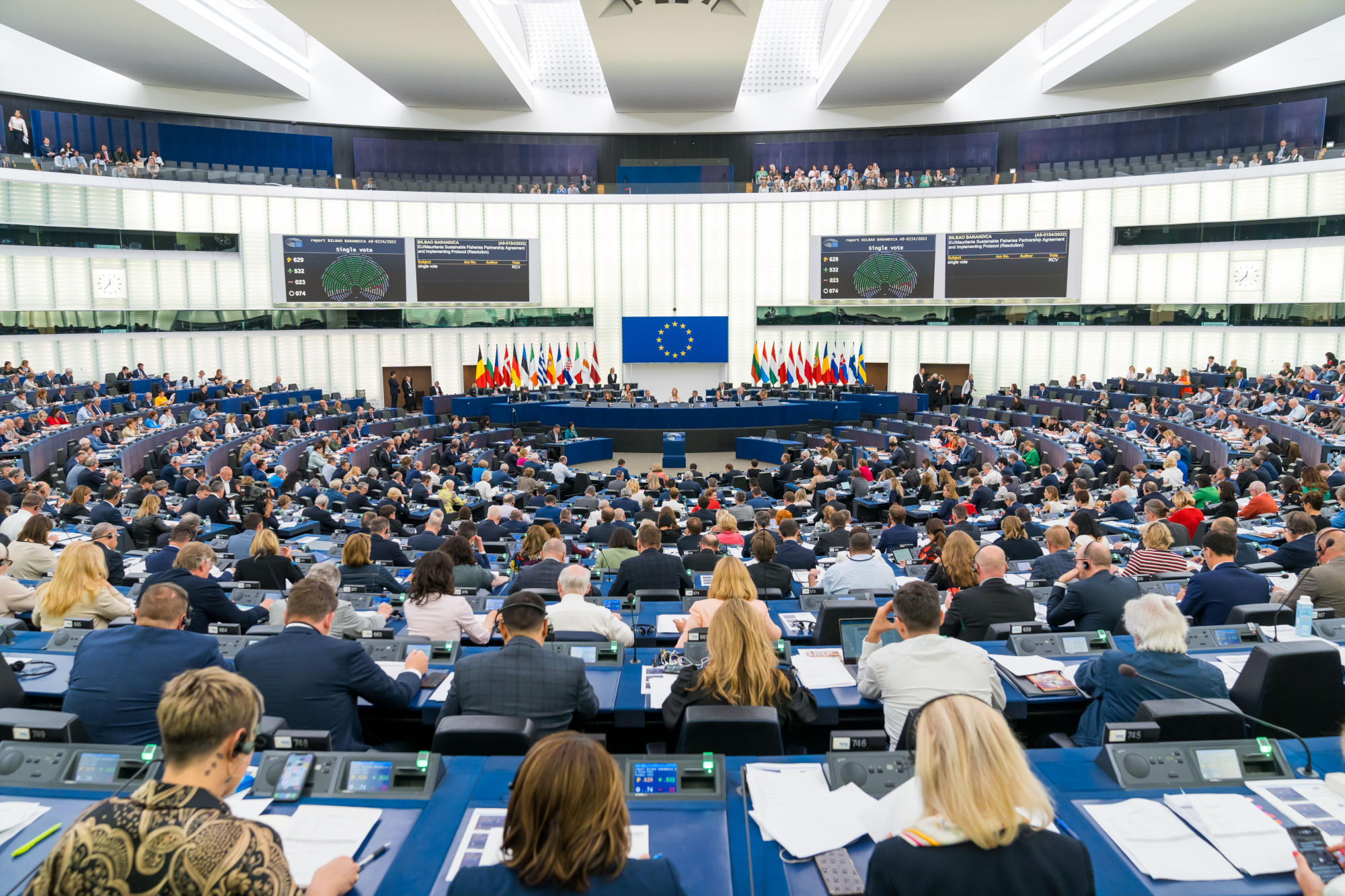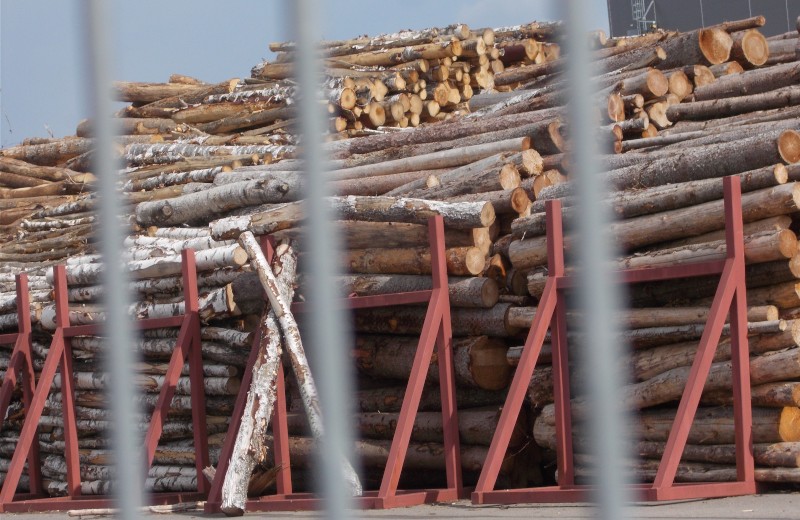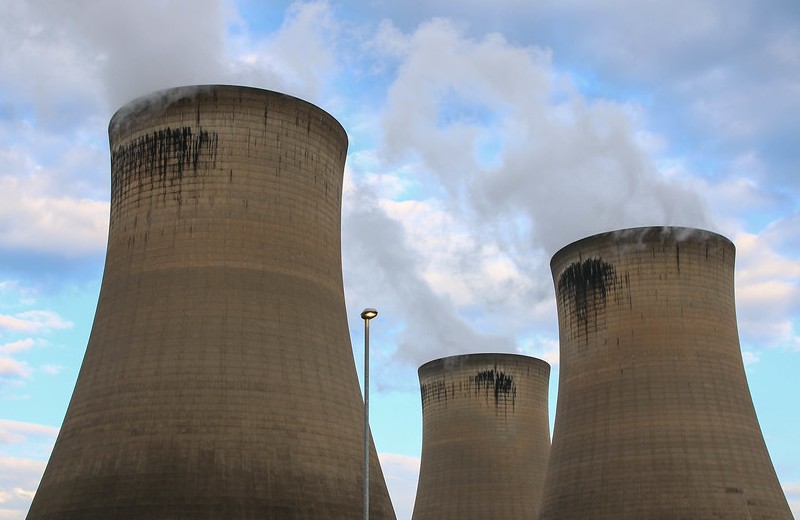Dear Ambassadors and Members of the European Parliament,
The undersigned scientists urge Member States and Members of the European Parliament to amend the bioenergy provisions of the proposed Fit for 55 legislation to avoid adverse effects on climate and biodiversity. Despite many admirable efforts to shift Europe away from fossil fuels, the bioenergy provisions of the Fit for 55 plan, as presently structured, would undermine increased carbon storage and biodiversity in Europe. They would also encourage global deforestation by requiring that more land in the tropics be used to meet Europe’s demand for agricultural products and wood. The proposed legislation will cause these effects by encouraging much greater use of bioenergy, regardless of its effects on global land use and carbon stored in existing forests. Fortunately, reasonable amendments can avoid these unwanted effects.
Global expansion of agriculture and forest harvests, spurred by rising populations and incomes, contributes greatly to deforestation and other losses of native habitats. This expansion, which recent evidence suggests is occurring at record rates, increases carbon in the atmosphere and serves as a main driver of global biodiversity loss.
Europe has an essential role to play in addressing these challenges by reducing the land and carbon footprint used to supply itself with food, wood, and fuel. Many regions of the world have growing demand for food and wood as their populations and incomes expand, creating additional pressures to harvest more wood and convert forests and other habitats to farmland. In past centuries, Europe too vastly expanded its agricultural area and converted most of its forests and habitats. But Europe today has the potential to reduce the land area it appropriates due to a likely stable or declining population, the potential for crop yield gains, and the potential for reducing its high levels of meat and dairy consumption.
By reducing the land area needed to support its consumption, Europe can both increase carbon storage and habitat in Europe and reduce its contribution to global deforestation caused through its outsourcing of land use. As numerous studies have shown, forest recovery in Europe has come in part at the expense of using millions of hectares of land abroad on a net basis to meet Europe’s demand for agricultural products.
Unfortunately, the bioenergy provisions of the Fit for 55 plan, by treating biomass as “carbon neutral,” encourage Europe not just to burn waste biomass but to harvest and burn more wood from forests and to devote millions of hectares of agricultural land to bioenergy. Doing so would increase Europe’s global carbon footprint substantially. Although burning biomass releases even more carbon than burning fossil fuels, the greenhouse gas rules in these proposed laws ignore this loss of carbon. As a result, those who burn biomass are credited with reducing carbon emissions regardless of these emissions, of reduced carbon storage from increased wood harvest, and of the carbon lost in native habitats as farmland expands globally to replace foregone food production in Europe. As hundreds of scientists have previously cautioned the European Parliament, this approach leads to additional wood harvest for bioenergy that is likely to increase global warming for decades to centuries even if forests are harvested “sustainably” and allowed to grow back.
As a result, European Commission modeling of the Fit for 55 plan projects a four-fold increase in Europe’s import of wood for bioenergy by 2050. It also projects that energy crops by 2050 will occupy 22 million hectares in Europe, roughly a fifth of Europe’s cropland, competing with land for Europe’s food production and restoration of nature. Dedicating one fifth of cropland to energy crops globally would require additional expansion of cropland into forests and other habitats by an area the size of India. European biodiversity would also decline due to the projected loss of roughly half of Europe’s biologically diverse, semi-natural grasslands.
The present deepening food crisis, spurred by the war in Ukraine, demonstrates the dangerous consequences of this approach to bioenergy. While global shortages of grain and vegetable oil are sending prices soaring, Europe could more than replace Ukrainian vegetable oil exports by cutting its biodiesel consumption; in addition, Europe and the U.S. could replace Ukraine’s grain exports by cutting grain-based ethanol in half. Although energy crops might use less fertilizer than food crops, producing them still requires productive land that could otherwise be used to produce food or to store carbon in native vegetation.
The European Commission has expressed the idea that new Land use, land-use change, and forestry (LULUCF) requirements counteract these perverse incentives by encouraging Member States to preserve carbon in their own forests, but that is unlikely to be effective while current bioenergy rules remain. Regardless of country incentives from LULUCF rules, bioenergy will remain effectively seen as carbon neutral for power plants, factories, the road transport industry, airlines, shipping companies, and other energy users because of the way their emissions are counted. Energy users will therefore continue to have strong incentives to burn fuels from wood or energy crops grown on cropland regardless of foregone food supply and carbon storage. If LULUCF rules cause Member States to restrict the harvest of wood domestically, bioenergy rules will encourage even more offshoring of Europe’s demand for wood and agricultural products, further increasing global deforestation.
Amendments should correct the flawed climate accounting surrounding biomass in Fit for 55 by recognizing the carbon costs of devoting land and wood to bioenergy. As a major step forward, the Parliament should adopt amendments to eliminate the zero-carbon rating for burning primary forest biomass, to include energy crops in the cap on the use of food- and feed-based biofuels, and to tighten these caps.
The world’s present food crisis is a reminder that land is precious and in increasingly short supply. Europe should not aim to divert vast parts of the world’s cropland to energy crops, to harvest and burn more of the world’s forests, nor undermine the goals of storing more carbon and improving biodiversity both within Europe and globally.
Sincerely,
Alphabetical order
Massimo Blonda
Istituto di Ricerca Sulle Acque
Consiglio Nazionale delle Ricerche (CNR-IRSA)
Bari, Italy
Michele Carducci
Full Professor of Comparative Constitutional Law – CEDEUAM University of Salento
Lecce, Italy
Dragan Petrov Chobanov
Professor
Institute of Biodiversity and Ecosystem Research
Bulgarian Academy of Sciences
Sofia, Bulgaria
Kevin Cianfaglione
Université de Lorraine,
Campus Bridoux
Metz, France
Margherita Ciervo
Professor
Dipartimento di Economia, Management e Territorio
Università degli Studi di Foggia
Foggia, Italy
Denis Couvet
Professor, Natural History Museum
President Fondation pour la Recherche sur la Biodiversité
Member Académie d’Agriculture de France
Paris, France
Wolfgang Cramer
Professor, IMBE, CNRS, Aix Marseille Université,
Member Académie d’Agriculture de France
Aix-en-Provence, France
Alfredo Di Filippo
Associate Professor in Plant Biology and Ecology
National Geographic Explorer
Università della Tuscia
Viterbo, Italy
Karlheinz Erb
Associate Professor
University of Natural Resources and Life Sciences
Vienna, Austria
Gerd Esser
University Professor for Systems Ecology and Modeling
Institute for Plant Ecology
Justus-Liebig-University
Giessen, Germany
Simone Gingrich
Researcher & Lecturer
University of Natural Resources and Life Sciences
Vienna, Austria
Helmut Haberl
University Professor
University of Natural Resources and Life Sciences~
Vienna, Austria
Bjart Holtsmark
Senior Researcher (Emeritus)
Statistics Norway
Oslo, Norway
Thomas Kastner
Senior Scientist
Senckenberg Biodiversity and Climate Research Centre,
Frankfurt am Main, Germany
Vassiliki Kati
Professor of Biodiversity Conservation
Head of Biodiversity Conservation Lab
Dept. of Biological Applications and Technology, University of Ioannina
Ioannina, Greece
Markus Kröger
Associate Professor and Academy of Finland Research Fellow
Global Development Studies, Faculty of Social Sciences,
University of Helsinki
Helsinki, Finland
Tobias Kuemmerle
Professor
Humboldt-University Berlin,
Berlin, Germany
Luc Lens
Senior Full Professor
Department of Biology, Ghent University
Ghent, Belgium
Wolfgang Lucht
Professor
Potsdam Institute for Climate Impact Research and Humboldt University Berlin,
Member of the German Government’s Council on the Environment SRU
Patrick Meyfroidt
F.R.S.-FNRS
Université Catholique de Louvain (UCL)
Louvain-la-Neuve, Belgium
Christina Moberg
President, European Academies’ Science Advisory Council
Emeritus Professor KTH Royal Institute of Technology
Stockholm, Sweden
Mikko Mönkkönen
Professor in Applied Ecology, Dean of the Faculty
Faculty of Mathematics and Sciences
University of Jyväskylä
Finland
Michael Norton
Professor
Environmental Program Chair
European Academies Science Advisory Panel
University of Tokyo (Retired)
José M. Rey Benayas
Full Professor
Grupo “Ecología y Restauración Forestal” (FORECO),
Dpto. de Ciencias de la Vida – Unidad Docente de Ecología
Universidad de Alcalá
Madrid, Spain
Maria Rosa Paiva
Professor
Fellow A.v. Humboldt Foundation, DE,
NOVA School of Science and Technology
Caparica, Portugal
Tobias Plieninger
Professor of Social-Ecological Interactions in Agricultural Systems
Dept. of Agricultural Economics and Rural Development, University of Göttingen,
Faculty of Organic Agricultural Sciences, University of Kassel
Germany
Paolo Pupillo
Emeritus Professor of Plant Physiology
Department of Pharmacy and Biotechnology
University of Bologna
Bologna, Italy
Bartolomeo Schirone
Dipartimento di Scienze Agrarie e Forestali
Università della Tuscia
Viterbo, Italy
Timothy Searchinger
School of Public & International Affairs
Princeton University, U.S.A.
Nuria Selva
Associate Professor
Institute of Nature Conservation
Polish Academy of Sciences
Kraków, Poland
Josef Settele
Dept. of Conservation Biology & Social-Ecological Systems
Helmholtz Centre for Environmental Research – UFZ
Co-chair IPBES Global Assessment;
German Government Advisory Council on the Environment (SRU)
Halle, Germany
David Storch
Faculty of Science
Department of Ecology
Center for Theoretical Study
Charles University & Czech Academy of Sciences
Prague, Czech Republic
Marek Svitok
Faculty of Ecology and Environmental Sciences
Dept. Biology and General Ecology
Technical University in Zvolen
Zvolen, Slovakia
Miroslav Svoboda
Faculty of Forestry and Wood Sciences
Czech University of Life Sciences
Prague, Czech Republic
Peter Verburg
Professor Environmental Geography
Institute for Environmental Studies
VU University Amsterdam
The Netherlands
Louise E.M. Vet
Member of Royal Netherlands Academy of Arts and Sciences
Former Director Netherlands Institute of Ecology
Professor Emeritus, Wageningen University
The Netherlands
Lars Walløe
Chair EASAC Environment Steering Panel
Professor Emeritus, University of Oslo
Oslo, Norway
Stefan Wirsenius
Associate Professor
Chalmers University of Technology
Gothenburg, Sweden
For additional information, please contact:
Wolfgang Cramer (wolfgang.cramer@imbe.fr)
Thomas Kastner (thomas.kastner@senckenberg.de)
Wolfgang Lucht (wolfgang.lucht@pik-potsdam.de)
Stefan Wirsenius (stefan.wirsenius@chalmers.se)
Louise Vet (l.vet@nioo.knaw.nl)






